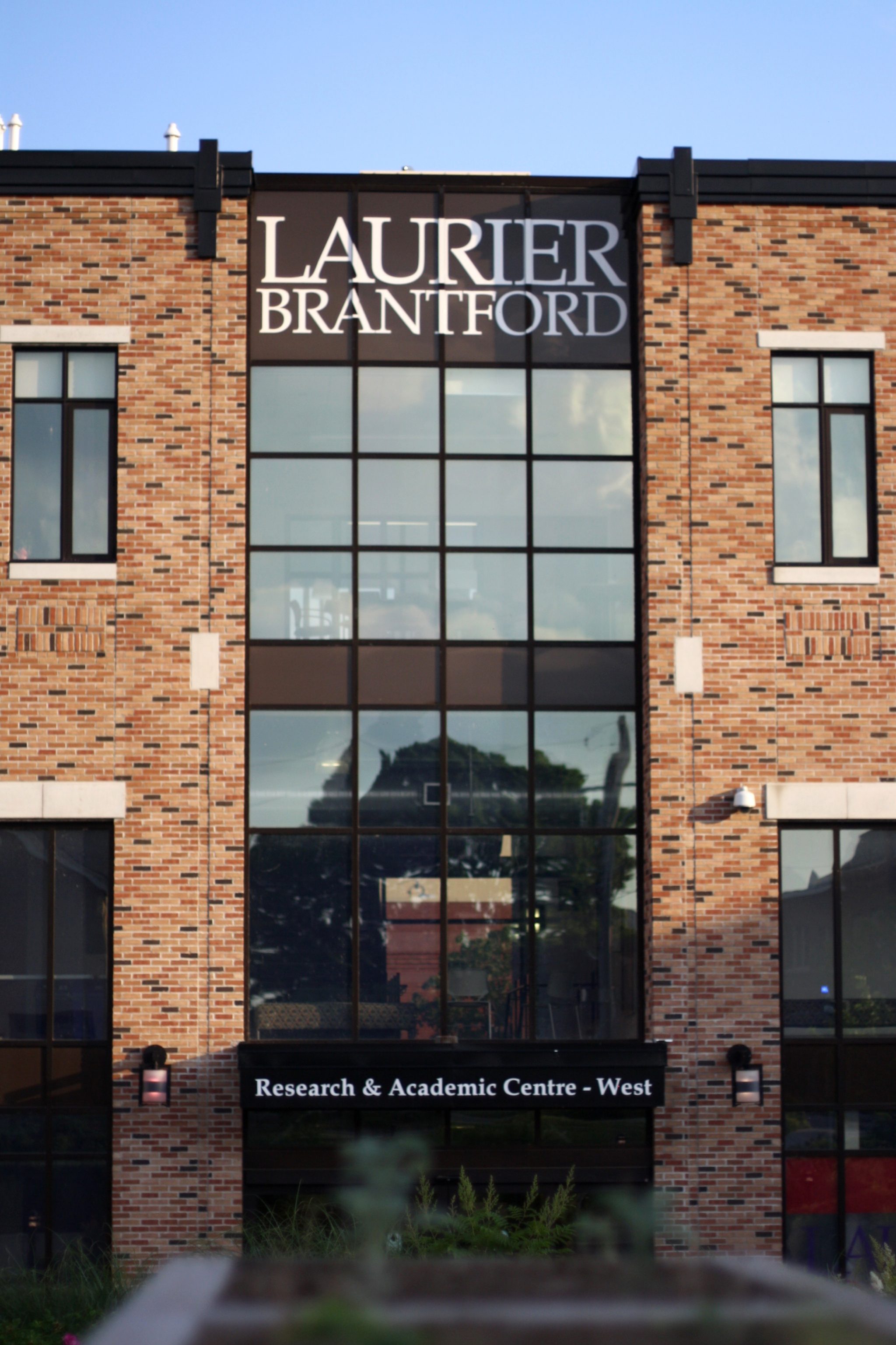Laurier Brantford assists in Police pilot project

Wilfrid Laurier University’s Brantford campus plans to work with the Brantford Police Service to help properly respond to survivors of sexual assault when incidences are reported.
Working along with the Laurier Brantford campus will be local community services such as the Sexual Assault Centre of Brant, Victim Services of Brant and the Sexual Assault/Domestic Violence Care Team Brantford General Site 200.
The Brantford Police Service will also be running one of the 15 pilot projects funded by the provincial government.
Last month, the Ontario government announced they will be implementing $1.8 million which will go towards projects whose aims are to improve the way police officers respond to reports and survivors of sexual violence.
The sole researcher on this project is Laurier Brantford’s own assistant professor in the faculty of social work, Jennifer Root.
Root will be one of the handful of individuals working on the project lead by the Brantford Police Services. According to Root, her invitation to work on this project stems from her area of research in violence against women and how women are impacted by gender-based violence.
“This was just something that I was lucky enough to be a part of,” Root said.
As the sole researcher, the expertise Root will be offering to the project is research methodological support, where she will be providing partners with methodological guidance on how to identify certain patterns in the data.
“I’m really just providing [community partners] with some methodological guidance, helping them identify patterns, [etc.],” Root said.
“It’s the frontline workers themselves who serve as the experts in this process, they’re the ones who are really moving through this case process with the police to try and arrive at some understanding of what’s working well and what’s not working well.”
As a social worker, Root believes this project is a perfect opportunity for herself and for the Brantford community.
“[The project is] almost the epitome of what a community-university research partnership can look like,” she said.
This project will also give Root the chance to indulge herself into the Brantford community and find answers to how the partners can accurately support their community members.
“As a social worker, that’s usually important for me — that the way that research and outcomes come together will have direct implications for the people in our community.”
According to Root, the work these community partners are putting in will have a direct impact for survivors of sexual assault and will be able to see that they are assisted by services the area.
She hopes to hear more about the survivors’ stories through a qualitative approach.
“Moving through this case review process really is listening to these experts work through women who’ve experience sexual violence, folks who have experienced sexual violence, working through their stories to figure out how to better inform the way police do their work with them,” she said.
On the Laurier Waterloo campus, the Diversity and Equity Office, the Gendered Violence Task Force and the Laurier Students’ Public Research Interest Group, amongst other groups, have advocated for survivors of sexual assault and gender-based violence.
The Waterloo Regional Police Services are also working on their own task force with community partners in order to address how police officers are working with survivors of sexual assault and how they are addressing complaints of sexual violence.
While both communities are working on similar projects, Root also noted that there has not been an opportunity to connect ideas between the Brantford and Waterloo campuses. This is because the Brantford project is still in its beginning stages.
“I just think it’s too early to start figuring how to make those linkages just yet, but that’s something we absolutely need to be figuring out how each community is doing this work in unique ways [so we can] support one another,” Root said.
While Root hopes to see a multi-campus approach to these projects, she noted that we are actually seeing a broader connection.
Ideas are coming together all across the country in terms of how services are reacting to Robyn Doolittle’s Globe and Mail investigation, ‘Unfounded: Why Police Dismiss 1 in 5 Sexual Assault Claims as Baseless.’
She made clear, however, that communities will have different ways of approaching rates of sexual assault in their area.
“We’re trying to be very mindful of those involved in advocate case reviews, not creating a cookie-cutter model or not trying to suggest that what might work in Brantford will work in another community,” Root said.
“We’re really trying to be mindful of figuring out a way to systematize the process that might be helpful for other communities but know that what we create here won’t necessarily again lay over onto the challenges of another community.”


